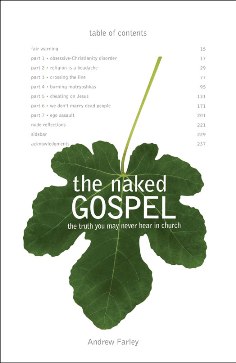Good and also becoming good
 Tuesday, July 13, 2010 at 1:40PM
Tuesday, July 13, 2010 at 1:40PM How can Christians be both already good, and becoming good? Here are two verses that lay this out for us:
“Therefore, if anyone is in Christ, he is a new creation; the old has gone, the new has come!” (2 Cor. 5:17) (Here, there’s a sense of finality. Our goodness is a settled fact.)
But Scripture also show us the ever-increasing process of becoming good …
“ For this very reason, make every effort to add to your faith goodness; and to goodness, knowledge...and to brotherly kindness, love. For if you possess these qualities in increasing measure, they will keep you from being ineffective and unproductive in your knowledge of our Lord Jesus Christ. (2 Peter 1: 4-8)
(In this verse, we have a sense of Christ’s character developing in us with growing measure, over time.)
As I learn to live from my new and supernaturally-good heart, I mature in the goodness that God has already given me. That goodness may be as yet not expressed, but nevertheless still present in me. Discipleship is the process by which I enjoy and continue to express an already-present holiness and wholeness within me.




















